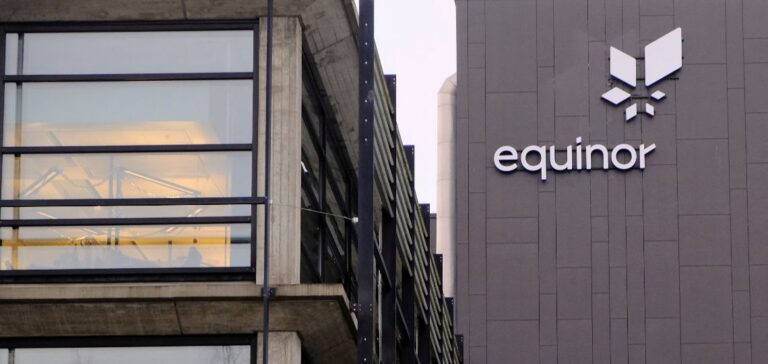Norwegian energy company Equinor, active in multiple regions worldwide, is adjusting its strategy to address market changes. According to its 2024 financial results, the company recorded strong revenues and operating margins, although net profits saw a slight decline. To maintain profitability, it is now prioritizing its traditional oil and gas segments.
Increased production and redirected investments
Anders Opedal, CEO of Equinor, announced an increase of more than 10% in crude oil and natural gas production between 2024 and 2027. This decision comes with a 50% reduction in renewable energy investments, dropping from $10 billion to approximately $5 billion over the same period. The company attributes this resource reallocation to an economic slowdown affecting the profitability of its renewable portfolio.
Equinor is aligning itself with other industry giants such as BP, Shell, and TotalEnergies, which have also revised their climate ambitions to focus on more profitable assets. This strategic shift aims to ensure short- and medium-term returns while maintaining a competitive position in the energy market.
Strengthening its presence in Africa
Africa plays a key role in this new direction. In December 2024, Equinor finalized its exit from Nigeria by selling its oil assets to Chappal Énergies for $1.2 billion. This move is part of a broader strategy to streamline its portfolio and focus on more strategic projects.
At the same time, Tanzania remains a central development axis for the Norwegian group. Equinor is leading a liquefied natural gas (LNG) project there, estimated at $42 billion. Although delayed by prolonged negotiations with local authorities, this project represents a significant growth driver for the company and a potential boost for Tanzania’s economy.
Continued engagement in Africa’s energy sector
Despite reducing its investments in renewable energy, Equinor remains involved in Africa’s energy development. The company is part of a $500 million fund alongside TotalEnergies, BP, and Shell, aimed at improving energy access in Sub-Saharan Africa.
This strategy demonstrates that while Equinor is adjusting its priorities, it continues to invest in the continent, primarily focusing on natural gas exploitation. The evolution of this strategic positioning will depend on market conditions and local regulatory challenges in the coming years.






















